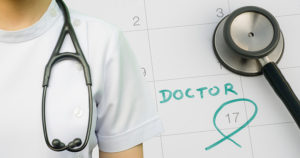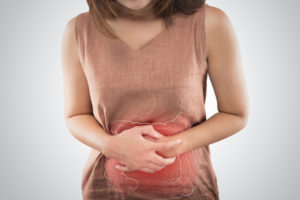 Testosterone is a hormone that affects appearance, physical development, and sex drive. It is produced by the testicles in people assigned male at birth. People assigned female at birth also produce it in smaller amounts.
Testosterone is a hormone that affects appearance, physical development, and sex drive. It is produced by the testicles in people assigned male at birth. People assigned female at birth also produce it in smaller amounts.
Testosterone levels can decrease for several reasons; it’s common for this to occur as people age, but certain medical conditions can also cause levels to drop. This decrease can cause a variety of symptoms, including:
Sexual problems: Lower levels of testosterone decrease sex drive in both men and women and can lead to other issues, such as erectile dysfunction (ED). Testosterone signals the brain to produce nitric oxide, which leads to chemical reactions that allow the body to achieve and maintain an erection.
Fatigue: Testosterone contributes significantly to energy levels in both men and women; when testosterone production drops, many people experience consistent tiredness, even if they’re getting plenty of sleep.
Mental health problems: People experiencing decreased testosterone production may find that their mood changes rapidly. Additionally, low testosterone can lead to symptoms of anxiety and depression.
Decreased bone and muscle mass: When levels of testosterone decrease, your body’s bone and muscle mass development is also affected. This may not necessarily affect your physical strength, but it does lead to decreased bone density, making you more susceptible to fractures.
Hair loss: Testosterone plays a role in the growth of hair in both men and women. When testosterone levels are decreased, this growth is impacted and no longer occurs at a normal rate, leading to thinning or patchy spots of hair at your hairline, temples, or other parts of your head. This occurs due to lower levels of dihydrotestosterone (DHT); when levels of DHT are too low or too high, hair growth is affected.
If you are experiencing one or more of these symptoms, you can schedule an appointment with an endocrinologist at Flushing Hospital Medical Center’s Ambulatory Care Center by calling (718) 670-5486.
All content of this newsletter is intended for general information purposes only and is not intended or implied to be a substitute for professional medical advice, diagnosis or treatment. Please consult a medical professional before adopting any of the suggestions on this page. You must never disregard professional medical advice or delay seeking medical treatment based upon any content of this newsletter. PROMPTLY CONSULT YOUR PHYSICIAN OR CALL 911 IF YOU BELIEVE YOU HAVE A MEDICAL EMERGENCY.









